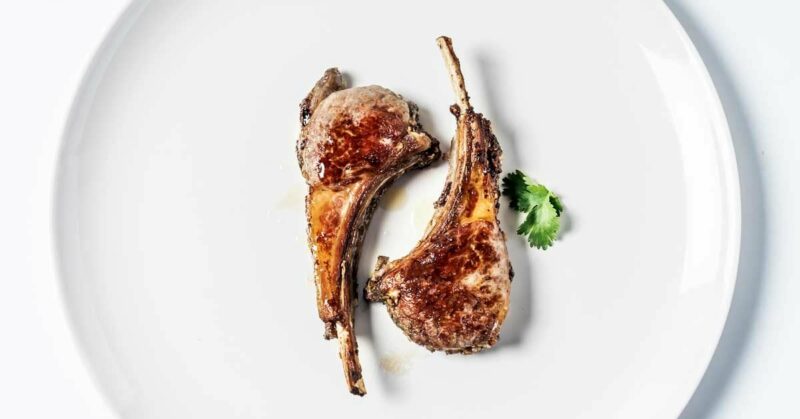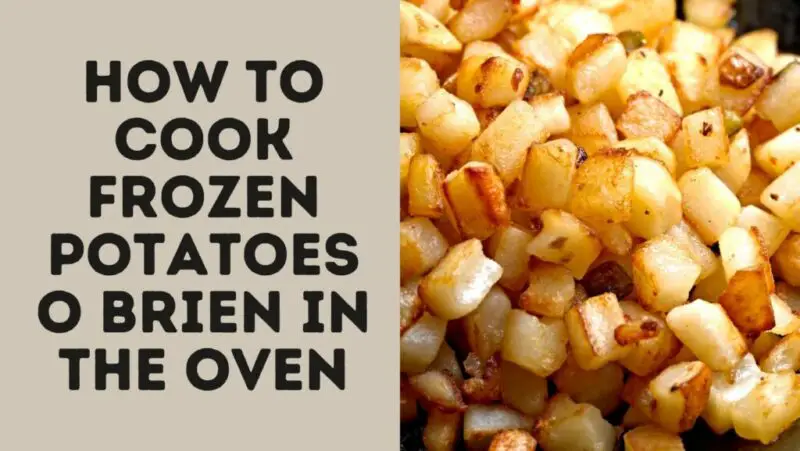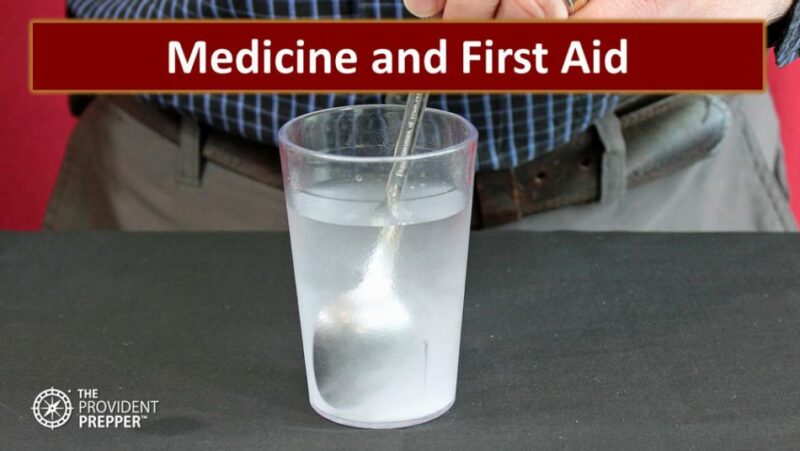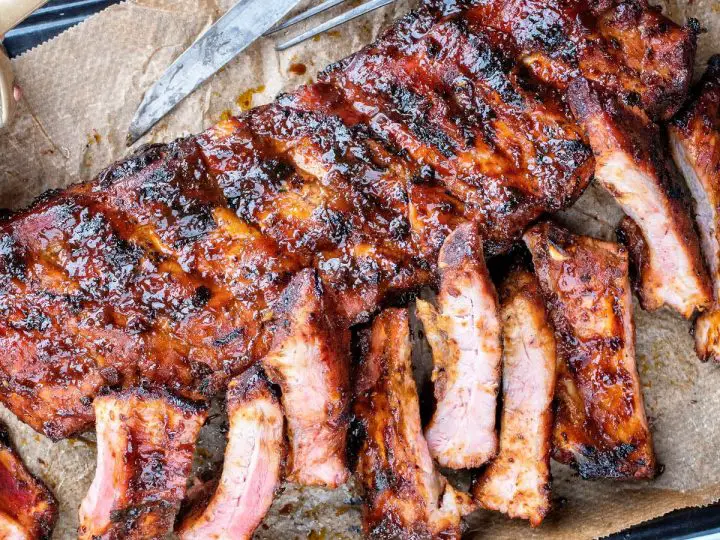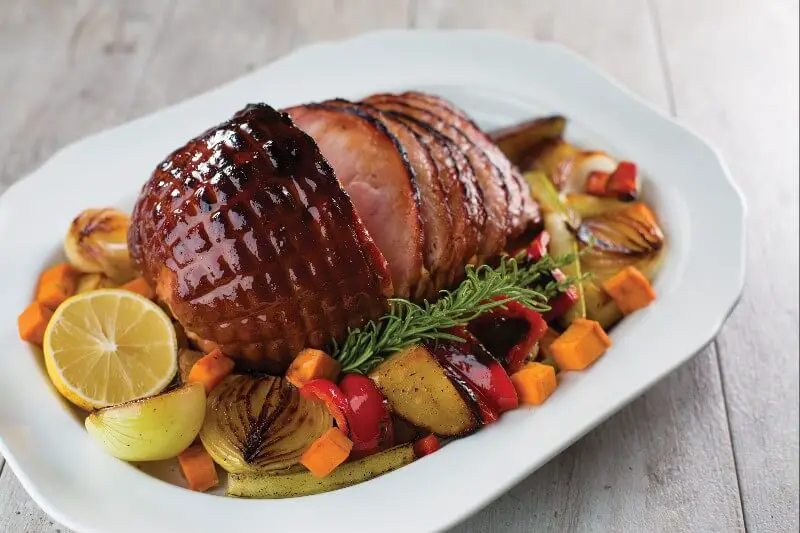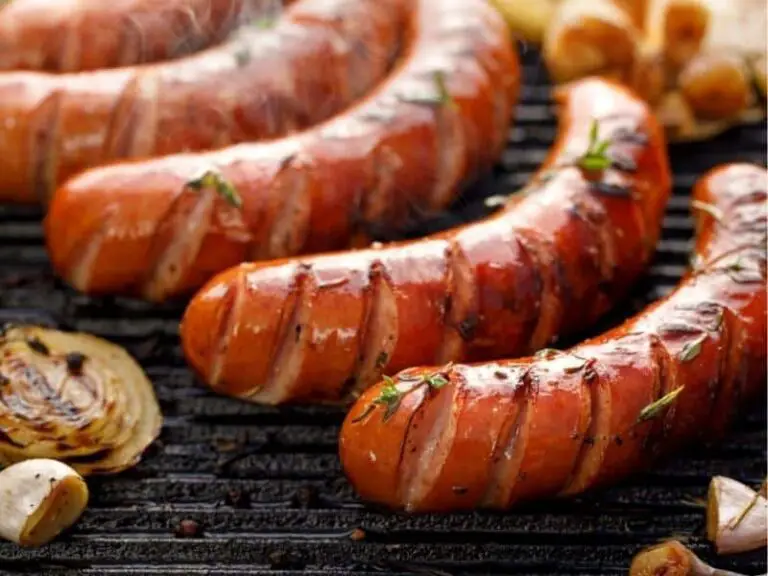Lamb has long been a popular choice for meat-based dishes around the world, from roasted lamb chops to grilled lamb kebabs. The rich and flavorful taste of lamb makes it a versatile ingredient that can be incorporated into many different recipes. However, there is one question that tends to arise when it comes to eating lamb: can you eat cold cooked lamb?
In this article, we’ll explore this question in-depth, looking at everything from safety considerations to best practices for storing and serving leftover lamb.
Introduction
Before we dive into the specific details about whether or not it’s safe to eat cold cooked lamb, let’s take a moment to appreciate the popularity and versatility of this meat. Lamb is widely loved for its tender texture, unique flavor, and ability to complement a variety of spices and seasonings. This makes it an excellent ingredient for dishes ranging from hearty stews and comforting roasts to spicy curries and refreshing salads.
However, when it comes to consuming leftover lamb without reheating it first, some people may have reservations due to concerns about food safety. Let’s put those concerns under the microscope.
Why Would Someone Want to Eat Cold Cooked Lamb?
First off, why would someone even consider eating cold cooked lamb? There are actually several reasons why this might be appealing:
Convenience for packed lunches or snacks
Since cooking meat takes time and effort, many people like to cook larger amounts (more than what they need per meal) of meat in advance so they can use them as ingredients in their meals throughout the week. If you have additional cooked lamb left over after making a meal that you don’t want reheated later on because your lunch hours short or even refrigeration isn’t available then eating the leftover meat cold might seem like a convenient option (and if done safely according remember!).
Preservation of flavor and texture
Reheating leftovers can sometimes result in a loss of texture or flavor, as well as making the food dry. Cold cooked lamb doesn’t have these concerns.
Dietary restrictions
Some people may not have access to heating equipment (such as a microwave or stove), be on-the-go and prefer ready-to-eat options, or might follow dietary restrictions that require them to avoid meat that has been reheated.
Is Cold Cooked Lamb Safe to Eat?
Now that we’ve established why someone might want to eat cold cooked lamb let’s address the most important question—is it safe?
General Safety Considerations
When we consider whether or not it’s safe to eat cold cooked lamb (or any type of leftover meat, for that matter), there are several general safety considerations that need to be kept in mind:
Understanding the risks of bacterial growth
Bacteria can easily reproduce on meat left out in room temperature zones beyond two hours. Beware if you consumed it, you may get symptoms ranging from mild stomach upset to something more serious like salmonella.
Proper storage guidelines
It’s critical for consumers first properly store the left-over cooked meat, which involves immediately placing them in an air-tight container and then refrigerating within two hours after cooking. For better safety practices, you can use glass or plastic containers with tight-fitting lids intended for food storage rather than plastic wraps as they tend to leach chemicals into food especially when they’re heated up. Make sure containers are labeled with a date placed inside the refrigerator so you can keep track of how long each item has been there.
Importance of monitoring the temperature when cooking lamb
Prioritizing readymade meals requires care when cooking meats such as lamb because undercooking can lead to contamination by harmful bacteria like E.coli and Salmonella since lamb, like other meats, carries a risk of being contaminated by harmful microorganisms before packaging.
Factors Specific to Lamb
Aside from the general safety considerations about leftover meat, there are also some specific factors to consider when it comes to lamb:
Fat content in lamb
Fat helps to “insulate” meat’s internal protein from bacteria while serving also as an excellent source of flavor. Lamb is known for its high fat content, which can make it more difficult to store properly. The fat itself might expose the center of the meat to bacterial growth and mold development even if kept in refrigeration.
Health managers advise not to leave meats out on countertops for long periods, especially in warm rooms or outdoor conditions. In summary, it only takes a few minutes for dangerous bacteria growth, so individual mandated guidelines must be followed meaning refrigerating promptly and within two hours especially perishable goods such as non-shelf-stable foods.
Risk of botulism from improperly preserved meat
If you’re thinking about preserving your leftover cooked lamb through methods like fermentation, smoking, or curing yourself in your home kitchen then please don’t hesitate! Do research and seek assistance Specifically for Botulism, a rare but sometimes lethal disease caused by toxins produced by Clostridium botulinum bacterium which thrives especially well below 80 degrees Fahrenheit.
Exceptions to the Rule: When It’s Not Safe
In some cases, eating cold cooked lamb simply isn’t safe. Here are a few exceptions where consuming cold lamb may pose particular risks:
- If the original dish used leftovers that were already past their prime before cooking them.
- If the leftover cooked meat was allowed to spoil before being refrigerated.
- If you are immunocompromised like persons living with diabetes and HIV/AIDS or taking immune-suppressing medications who should avoid precooked food altogether unless re-heated above 165 degrees Fahrenheit.
How Should You Safely Store and Serve Cold Cooked Lamb?
Now that we know it’s generally safe to eat cold cooked lamb if it’s prepared, stored, and handled correctly, let’s talk about the best practices for doing so.
Storage Tips
When storing leftover cooked lamb:
- Place any leftovers in the refrigerator within 2 hours of cooking.
- If you want to keep your lamb for longer than a couple of days after cooking refrigerating it mostly likely won’t save its quality and taste.
- Use an airtight container that is safe for food storage.
- Keep the meat in the refrigerator and avoid leaving it out at room temperature before serving.
- Use sanitized hands when handling the meat during storage or serving.
Serving Tips
When serving leftover cooked lamb cold:
- Consider slicing it thinly as there will be astminute heating that way.
- Pairing cold lamb with flavorful sides like bulgur tabbouleh salad or couscous mixed with vegetables adds texture to your meal.
- Refrigerated leftovers can sometimes develop moisture So try blotting them dry if possible to prevent this issue.
How Long Can You Keep Leftover Cooked Lamb in the Fridge?
Even if you properly store your leftover cooked lamb, there’s still a limit to how long it can stay fresh and safe to eat. Here are some tips about the appropriate time periods associated with keeping leftover lamb in refrigeration:
Safe Time Limit Recommendations
According to USDA guidelines:
- Leftover cooked lamb should be consumed within four days of being put into refrigeration.
- Alternately, you can choose to freeze leftover raw or cooked meat by popping them into freezer bags heightened after pressing out all air ensuring all visible spaces are filled then write date-mark contents on each bag (e.g., “cooked lamb chops” + date).
Note that these guidelines reflect recommended maximums, not guarantees of freshness; if your sense of smell indicates something is off or changing colors becomes more prominent inside packaging materials please abstain from consuming.
Signs That Leftover Lamb is No Longer Safe to Eat
It’s important to pay attention to signs that your leftover cooked lamb may no longer be safe to eat. Here are some key warning signs:
- Offensive odor: If a pungent smell arises from the refrigerator, open lids (like funky or rotten cheese) immediately discard anything inside.
- Discoloration: Meat left in improper storage might take on a green, brown, or grey-ish tone on parts of the surface skin.
- Slimy texture: If the meat seems wet or sticky when touched where there wasn’t any moisture before storage you may need to forego eating it.
- Viscous fluids: A crystal clear liquid becoming deeply colored or thicker than water could indicate microbial growth and should give anyone immediate cause for concern.
Conclusion
In short, eating cold cooked lamb is generally safe if it’s properly stored and handled with good hygiene practicefrom those who came into contact with the meat. Lamb is an ingredient that can be quite versatile served as lunchtime snacks or topped over greens as part of a dinner salad; however, quick intervention is required before storing cooked leftover meat under proper guidelines.
That being said, we cannot stress enough that immunity-challenged humans should reconsider consuming precooked food items and always reheat leftovers thoroughly above 165 degrees Fahrenheit. Overall, by keeping in mind proper preparation and storage techniques you can enjoy lamb leftovers without putting yourself at risk — just don’t exceed the timing allocated by trusted resources which consider factors like variables influenced by a user’s local altitude and humidity levels in case stricter requirements are mandated.
Q&A
- Q: Can I safely eat cold cooked lamb? A: Yes, you can eat cold cooked lamb as long as it has been stored properly and within a safe temperature range, which is below 40°F (4°C) to prevent bacterial growth.
- Q: Is it okay to eat leftover lamb if it has been in the fridge for a few days? A: Leftover lamb can be eaten if it has been stored properly in an airtight container within two to three days in the refrigerator. If you’re not sure about the freshness or safety of the meat, it’s always best to err on the side of caution and toss it out.
- Q: Should I reheat my cold cooked lamb before eating it? A: Reheating your cold cooked lamb is generally recommended for added food safety and better taste as well. Be sure that the internal temperature reaches at least 165°F (74°C) before consuming.
- Q: Can I include cold cooked lamb in my salad? A: Absolutely! Cold cooked lamb is a great addition to any salad. Just make sure that the meat has been pre-cooked and refrigerated properly prior to use and don’t forget to add some tasty dressing for added flavor!
